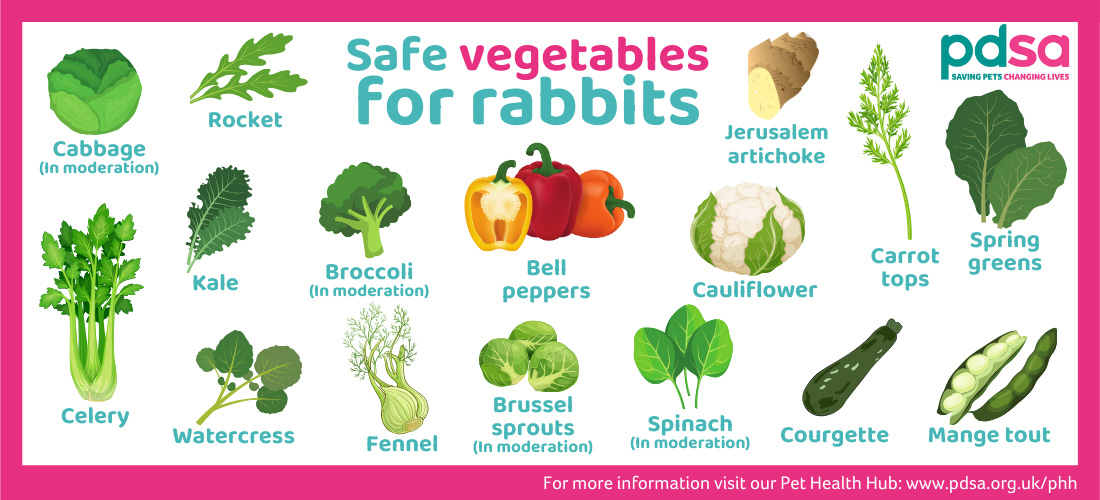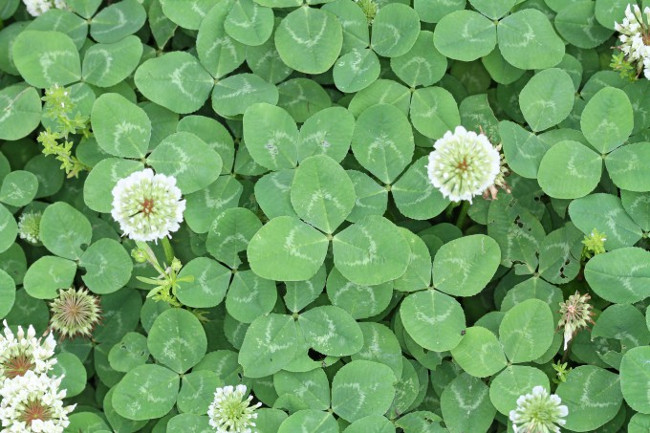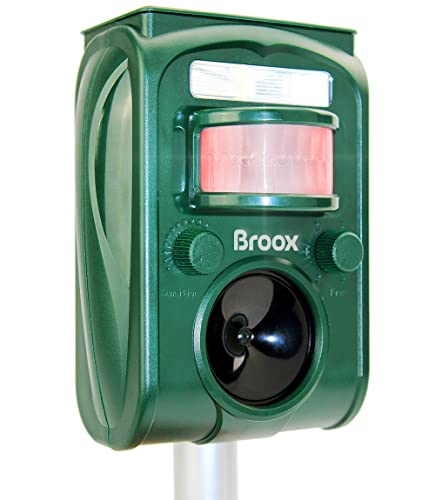What Vegetables Can Rabbits Eat?
Rabbits can safely eat a variety of vegetables, including leafy greens and root vegetables. Common options include romaine lettuce, kale, carrots, and bell peppers.
Rabbits thrive on a balanced diet that includes fresh vegetables. These foods provide essential vitamins and nutrients crucial for their health. Leafy greens like romaine lettuce and kale are particularly beneficial. Root vegetables, such as carrots, offer a natural sweetness that rabbits enjoy.
However, not all vegetables are safe. Some can cause digestive issues or toxicity. It’s important to introduce new foods gradually and monitor your rabbit’s reaction. Providing a diverse diet helps keep your pet happy and healthy. Always ensure that fresh, clean water is available alongside their meals for optimal hydration.
Let’s dive into what Vegetables can Rabbits eat.
First, Know About Rabbit Nutrition
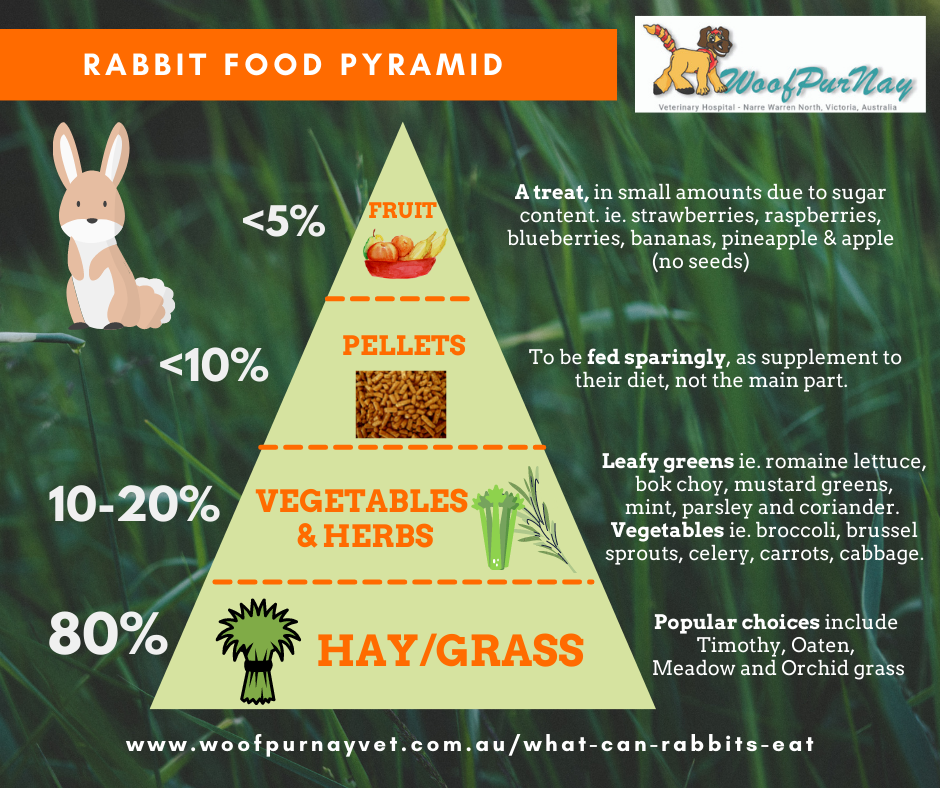
Credit: www.woofpurnayvet.com.au
Understanding rabbit nutrition is essential for keeping your pet healthy. Rabbits need a balanced diet for growth and vitality. A proper diet includes fresh vegetables, hay, and pellets. Knowing what vegetables are safe is crucial for their well-being.
Importance Of A Balanced Diet
A balanced diet provides all necessary nutrients. It supports strong bones, healthy teeth, and good digestion. Here are key components of a rabbit’s diet:
- Hay: The main food source for fiber.
- Fresh Vegetables: Essential for vitamins and minerals.
- Pellets: A small portion for extra nutrients.
Fresh vegetables help prevent health issues. They keep rabbits hydrated and energized. Always introduce new vegetables slowly.
Risks Of Improper Feeding
Feeding rabbits the wrong foods can cause serious health problems. Some common risks include:
| Food Type | Risk |
|---|---|
| High-starch foods | Obesity and dental issues |
| Fruits in excess | Diarrhea and upset stomach |
| Iceberg lettuce | Digestive problems |
Always avoid harmful foods. Monitor your rabbit’s health closely. A proper diet leads to a happy, active pet.
Leafy Greens: A Rabbit’s Delight
Leafy greens are a fantastic choice for rabbits. They provide essential nutrients and hydration. Rabbits enjoy munching on a variety of greens. These greens keep them happy and healthy.
Safe Varieties Of Lettuce
Not all lettuces are created equal. Some are safe while others can be harmful. Here are safe varieties of lettuce for your rabbit:
- Romaine Lettuce: High in fiber and low in calcium.
- Butterhead Lettuce: Soft leaves that are easy to chew.
- Red Leaf Lettuce: Rich in vitamins A and K.
Always wash lettuce before serving. This removes any pesticides or dirt. Offer lettuce in moderation. Too much can upset a rabbit’s stomach.
Spinach And Oxalic Acid Concerns
Spinach is nutritious but has oxalic acid. This can be harmful in large amounts. It can interfere with calcium absorption.
Consider these tips for feeding spinach:
- Limit spinach to once a week.
- Mix spinach with other leafy greens.
- Monitor your rabbit for any stomach issues.
Always prioritize variety in your rabbit’s diet. This ensures they get all necessary nutrients.
Cruciferous Vegetables For Bunnies
Cruciferous vegetables are healthy treats for rabbits. They include broccoli, cauliflower, and kale. These veggies are packed with nutrients. They help keep bunnies healthy and happy.
Benefits Of Broccoli And Cauliflower
Broccoli and cauliflower provide many health benefits for rabbits:
- Rich in Vitamins: These veggies offer Vitamin C and K.
- High in Fiber: Fiber aids digestion and keeps tummies happy.
- Low in Calories: They help maintain a healthy weight.
- Antioxidants: Protects against diseases.
Introducing these vegetables can boost your bunny’s diet. Always wash them thoroughly before feeding. Fresh veggies keep your bunny excited about meals.
Moderation Is Key
While cruciferous vegetables are nutritious, moderation is essential. Too much can cause gas or bloating. Here are some tips:
- Start with small amounts.
- Observe your bunny’s reaction.
- Mix with other veggies for variety.
Limit broccoli and cauliflower to a few times a week. A healthy balance ensures your bunny stays fit.
Root Vegetables: A Tasty Treat
Root vegetables are nutritious and delicious for rabbits. They provide essential vitamins and minerals. These veggies can be a fun addition to a rabbit’s diet. Always introduce new foods slowly to avoid stomach upset.
Carrots And Their Tops
Carrots are a favorite among rabbits. They are sweet and crunchy. Rabbits enjoy both the carrot and its greens.
- Benefits: Rich in beta-carotene.
- Serving Size: One small carrot per day.
- Carrot Tops: Safe and nutritious, but serve in moderation.
Too many carrots can lead to weight gain. Always keep a balanced diet for your furry friend.
The Lowdown On Turnips And Radishes
Turnips and radishes are great for rabbits. These vegetables add variety to their meals.
| Vegetable | Nutrition | Serving Size |
|---|---|---|
| Turnips | High in vitamins C and K | 1 small turnip daily |
| Radishes | Good source of fiber | 1-2 small radishes daily |
Both veggies can help keep your rabbit healthy. Watch for any signs of digestive issues.
Herbs: Flavorful And Nutritious
Herbs add taste and nutrients to a rabbit’s diet. Many herbs are safe and healthy. They can enhance your rabbit’s meals. This section covers popular herbs for rabbits.
Parsley And Cilantro Favorites
Parsley and Cilantro are top choices for rabbits. Both herbs are packed with vitamins. They are rich in vitamin C and K. Here’s a quick look at their benefits:
| Herb | Benefits | Serving Size |
|---|---|---|
| Parsley | Rich in vitamins, aids digestion | 1-2 sprigs daily |
| Cilantro | Supports immune health, rich in antioxidants | 1-2 sprigs daily |
Introduce these herbs slowly. Watch for any signs of allergies. Both parsley and cilantro can be a delightful treat for your rabbit.
Mint And Basil: Occasional Additions
Mint and Basil are great for flavor. Use them as special treats. They should not be daily staples.
- Mint: Freshens breath and aids digestion.
- Basil: Contains antioxidants and vitamins.
Limit their servings to once or twice a week. Too much can upset your rabbit’s stomach. Always provide a balanced diet with hay and leafy greens.
Other Vegetable Options

Credit: www.breadboxfarm.com
Rabbits enjoy a variety of vegetables. Knowing safe options is important. Below are two great choices: bell peppers and zucchini.
Bell Peppers For Vitamins
Bell peppers are colorful and nutritious. They provide essential vitamins for rabbits. These include:
- Vitamin A: Supports healthy eyesight.
- Vitamin C: Boosts the immune system.
- Vitamin K: Helps with blood clotting.
Rabbits can eat all colors of bell peppers. Red, green, yellow, and orange are all safe. Cut them into small pieces for easy eating.
The Versatility Of Zucchini
Zucchini is a great vegetable choice for rabbits. It is low in calories and high in water. This helps keep rabbits hydrated. Here are some benefits:
- Easy to digest.
- Rich in vitamins and minerals.
- Can be served raw or cooked.
Slice zucchini into thin rounds. This makes it easier for rabbits to munch on. Always introduce new foods slowly.
Foods To Avoid
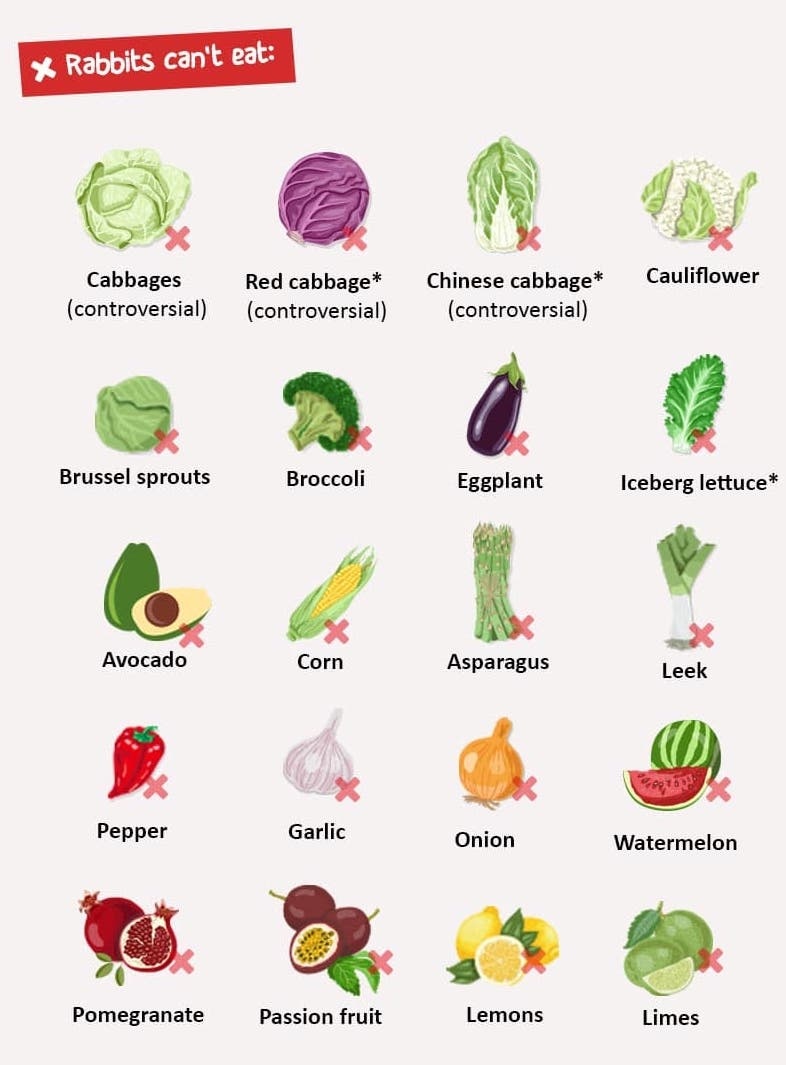
Credit: twitter.com
Not all vegetables are safe for rabbits. Some can be harmful. Knowing which ones to avoid is crucial for their health. Below are key details on dangerous vegetables and common myths.
Dangerous Vegetables For Rabbits
These vegetables should never be fed to rabbits:
| Vegetable | Reason for Avoidance |
|---|---|
| Potatoes | Contains solanine, toxic to rabbits. |
| Onions | Can cause anemia and digestive issues. |
| Garlic | Similar to onions, harmful in large amounts. |
| Tomatoes (leaves/stems) | Toxic parts can harm rabbits. |
| Rhubarb | Contains oxalic acid, can be fatal. |
Common Myths Debunked
Many myths surround rabbit diets. Let’s clear them up:
- Myth: All vegetables are safe.
- Fact: Some vegetables are toxic.
- Myth: Rabbits can eat potatoes.
- Fact: Potatoes are dangerous for rabbits.
- Myth: Garlic is a good treat.
- Fact: Garlic can harm rabbits.
Always research before introducing new foods. Keeping rabbits safe is a top priority.
Feeding Guidelines
Feeding rabbits the right vegetables is essential for their health. Proper guidelines help ensure they receive necessary nutrients. Here are some important considerations for feeding your furry friend.
Portion Sizes And Frequency
Rabbits need the right amount of vegetables each day. Follow these guidelines for portion sizes:
| Vegetable Type | Daily Portion Size |
|---|---|
| Leafy Greens | 1-2 cups per 5 lbs of body weight |
| Root Vegetables | 1 small piece per day |
| Other Veggies | 1/2 cup per 5 lbs of body weight |
Offer fresh vegetables daily. Limit high-sugar vegetables. Always wash vegetables before feeding.
Transitioning To New Foods Safely
Introduce new vegetables slowly to avoid tummy troubles. Follow these steps:
- Start with a small amount of the new veggie.
- Monitor your rabbit for changes in behavior.
- Wait 2-3 days before adding more.
- Gradually increase the portion if all goes well.
Watch for signs of discomfort. Common signs include:
- Diarrhea
- Lethargy
- Refusal to eat
If these occur, stop feeding the new vegetable. Return to their regular diet.
Monitoring Your Rabbit’s Health
Monitoring your rabbit’s health is essential for their well-being. A proper diet plays a crucial role. Observing their eating habits helps identify any issues early. Check their behavior and physical condition regularly.
Signs Of A Healthy Diet
A healthy diet keeps your rabbit happy. Here are some signs to look for:
- Active Behavior: Rabbits should be playful and energetic.
- Healthy Coat: Fur should be shiny and smooth.
- Regular Pooping: Small, firm droppings are a good sign.
- Normal Weight: Body should feel firm, not overweight.
Observe their eating habits closely. A rabbit should munch on fresh vegetables daily. Their diet should include:
| Vegetable | Frequency |
|---|---|
| Carrots | Occasional treat |
| Leafy Greens | Daily |
| Cabbage | In moderation |
| Bell Peppers | Daily |
When To Consult A Veterinarian
Consult a veterinarian if you notice any changes. Signs include:
- Loss of Appetite: Not eating their veggies.
- Weight Changes: Sudden weight loss or gain.
- Digestive Issues: Diarrhea or bloating.
- Unusual Behavior: Lethargy or hiding.
Regular check-ups help maintain your rabbit’s health. Keep their diet varied and balanced. Always prioritize fresh vegetables and quality hay.
Here’s a video overview of what Vegetables can Rabbits eat.
Frequently Asked Questions
What Vegetables Are Safe For Rabbits?
Rabbits can safely eat leafy greens like romaine lettuce, kale, and parsley.
Can Rabbits Eat Carrots Daily?
Carrots should be given occasionally due to high sugar content. Limit them to a treat.
What Leafy Greens Can Rabbits Eat?
Rabbits enjoy a variety of leafy greens, including spinach, collard greens, and dandelion greens.
Are Bell Peppers Good For Rabbits?
Yes, bell peppers are nutritious and safe for rabbits, providing vitamins and hydration.
What Vegetables Can Rabbits Eat?
Rabbits can eat a variety of fresh vegetables. Leafy greens like lettuce, spinach, and kale are excellent choices. You can also feed them small amounts of carrots, bell peppers, and zucchini. Herbs such as parsley and cilantro are safe and add variety. Broccoli, celery, and cucumber can be offered occasionally, but avoid large quantities.
Always wash vegetables thoroughly and ensure they’re fresh. It’s important to limit starchy vegetables like potatoes. A balanced mix of veggies keeps your rabbit healthy and happy. Avoid iceberg lettuce and any toxic vegetables to rabbits, like onions or garlic.

